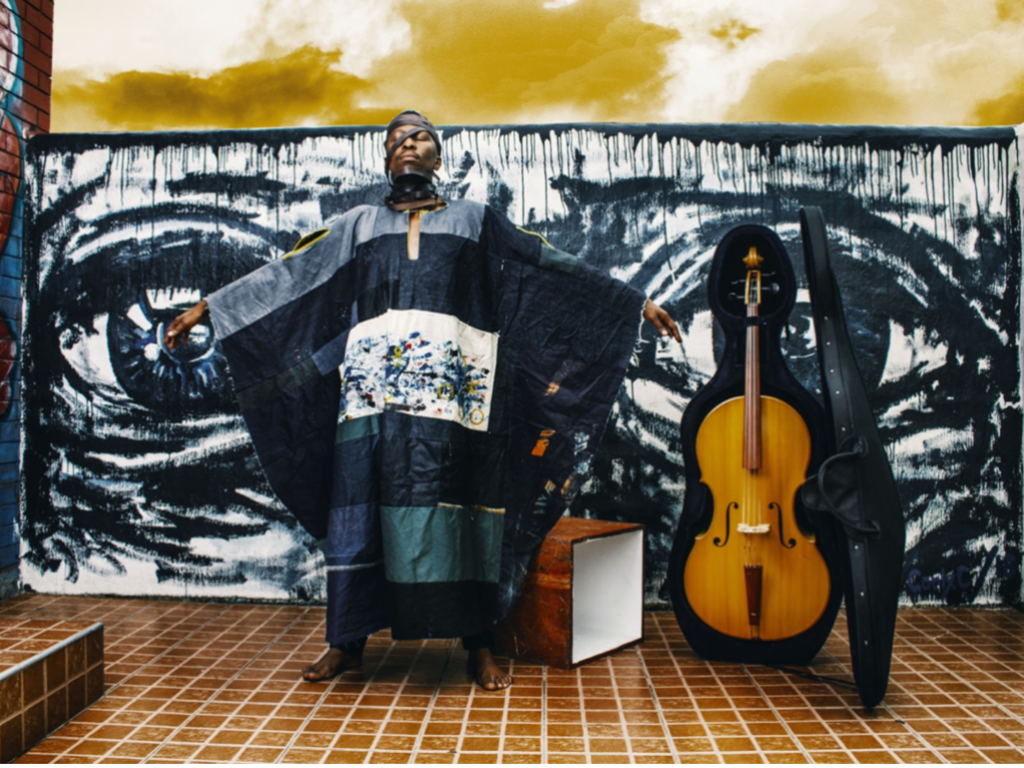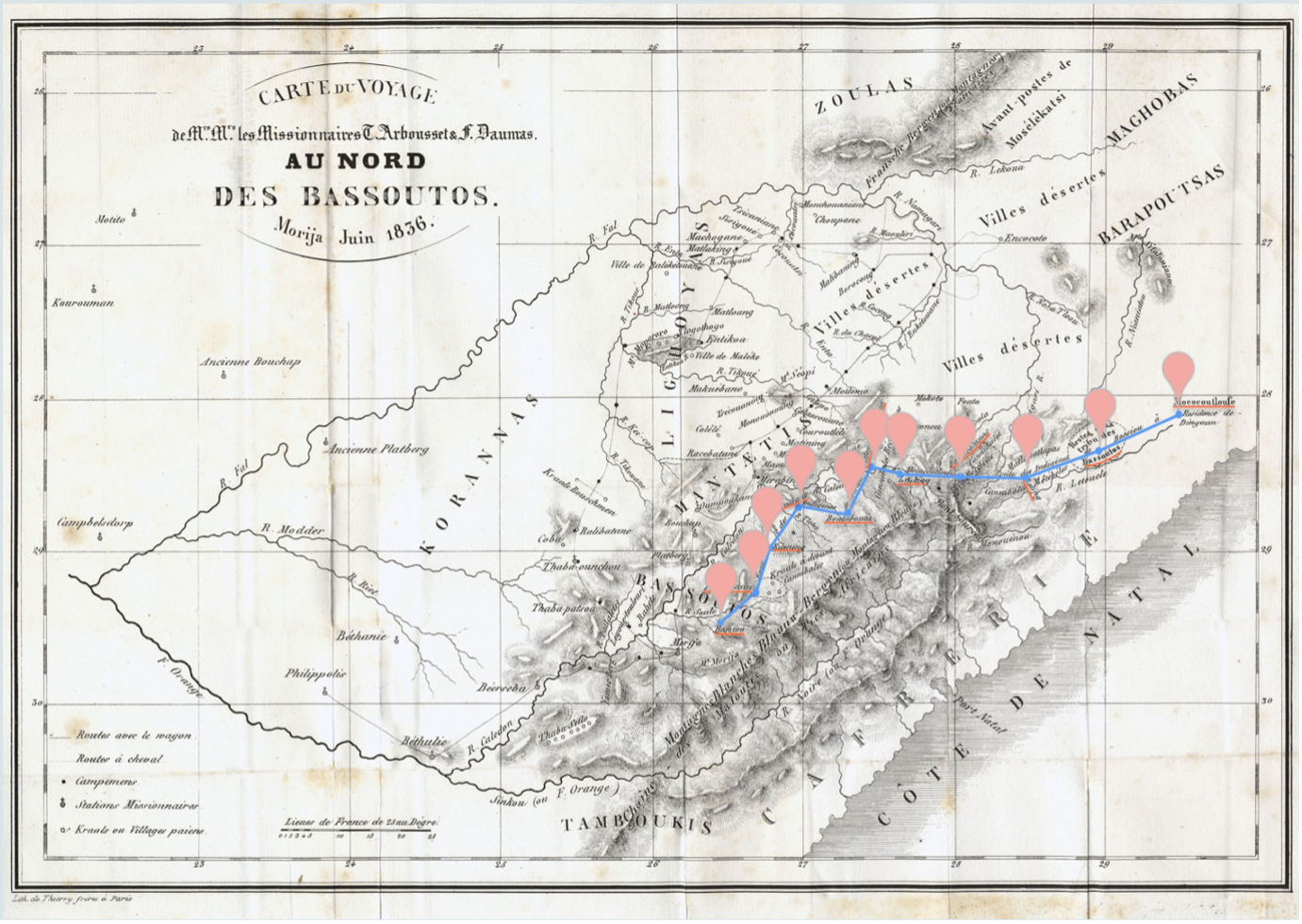Digital outputs from the FHYA now available online

The 500 Year Archive
The AtoM-based 500 Year Archive, one of the digital outputs of the APC’s Five Hundred Year Archive (FHYA) project, was launched publicly in September 2020, after a test period of being open to APC researchers. The parent project, FHYA, is part of the APC’s wider effort to foster research into the southern African past up to five centuries before colonialism.
The FHYA draws attention to and makes accessible scattered and unrecognised materials relevant to those five centuries. When the pandemic occurred, digital resources like the 500 Year Archive became more important than ever before because of the limits placed on travel and visits to archives and libraries.
Recognising the extent to which people constrained by lockdown conditions were making use of streaming services, the FHYA team also began to produce interesting but mostly unknown historical materials in new digital media forms with links directly into the digital archive.
Podcasts
Podcasts were identified as a medium that would allow audiences to step into a world of the lives of people at uMgungundlovu, the Zulu king Dingane’s capital in the 1830s. Using accounts recorded in the early 1900s from people who in their youths served at uMgungundlovu and which were published in isiZulu in the 1920s, the team developed podcasts in isiZulu that evoke life at the capital.
Lunguza kaMpukane, Thununu kaNonjiya, Ngidi kaMcikaziswa, and Sivivi kaMaqungo provided riveting accounts of their lives at uMgungundlovu as izinceku in the service of the king. The podcasts and the versions on which they are based are forms of historical material open to interrogation in many different ways. The podcasts are presented in such a way that the listeners are continually directed into the archive to engage with the materials first-hand. The podcasts invite listeners to enter and explore the archive for themselves and to make use of it.
The podcasts were directed and produced by UCT Media Studies graduate Dan Corder, with original music by Thokozani Mhlambi. The narrations in isiZulu are by APC research associate and literary historian Mbongiseni Buthelezi.
Archive-inspired musical composition
Composer and cellist Thokozani Mhlambi took a deep dive into the archive on uMgungundlovu and produced an original composition, Ukudibana kwezimpondo. The recorded composition is another evocative media output of the project. For Mhlambi, “creative methodologies are the ones best poised to reshape our understanding of the site based on African perspectives”.
Reconstructing dynamic routes of regional interaction.
Post-doc Ettore Morelli unearthed sources that revealed the existence of a little-known Basotho trading village set up near uMgungundlovu, which attested to a dynamic trade and communication network between Thaba Bosiu, the capital of the Basotho king, Moshoeshoe, and uMgungundlovu. It is now possible online to trace the trade route over the Drakensberg and from there to consult the relevant sources yourself.
With the 500 Year Archive, podcasts, music composition, the digital curation of the trade route and a number of other features, the APC is responding to the dearth of accessible, publicly appealing, historical material concerning South Africa’s past before colonialism especially in local African languages. Further exciting curations are in the pipeline and the FHYA extends an open invitation to the APC network to propose further projects of this kind.

Map drawn by Thomas Arbousset to depict his missionary travels, Morija 1836. Published on the Journal des Missions évangéliques, 11 (1836), pages between 320 and 321. Elaboration by Ettore Morelli